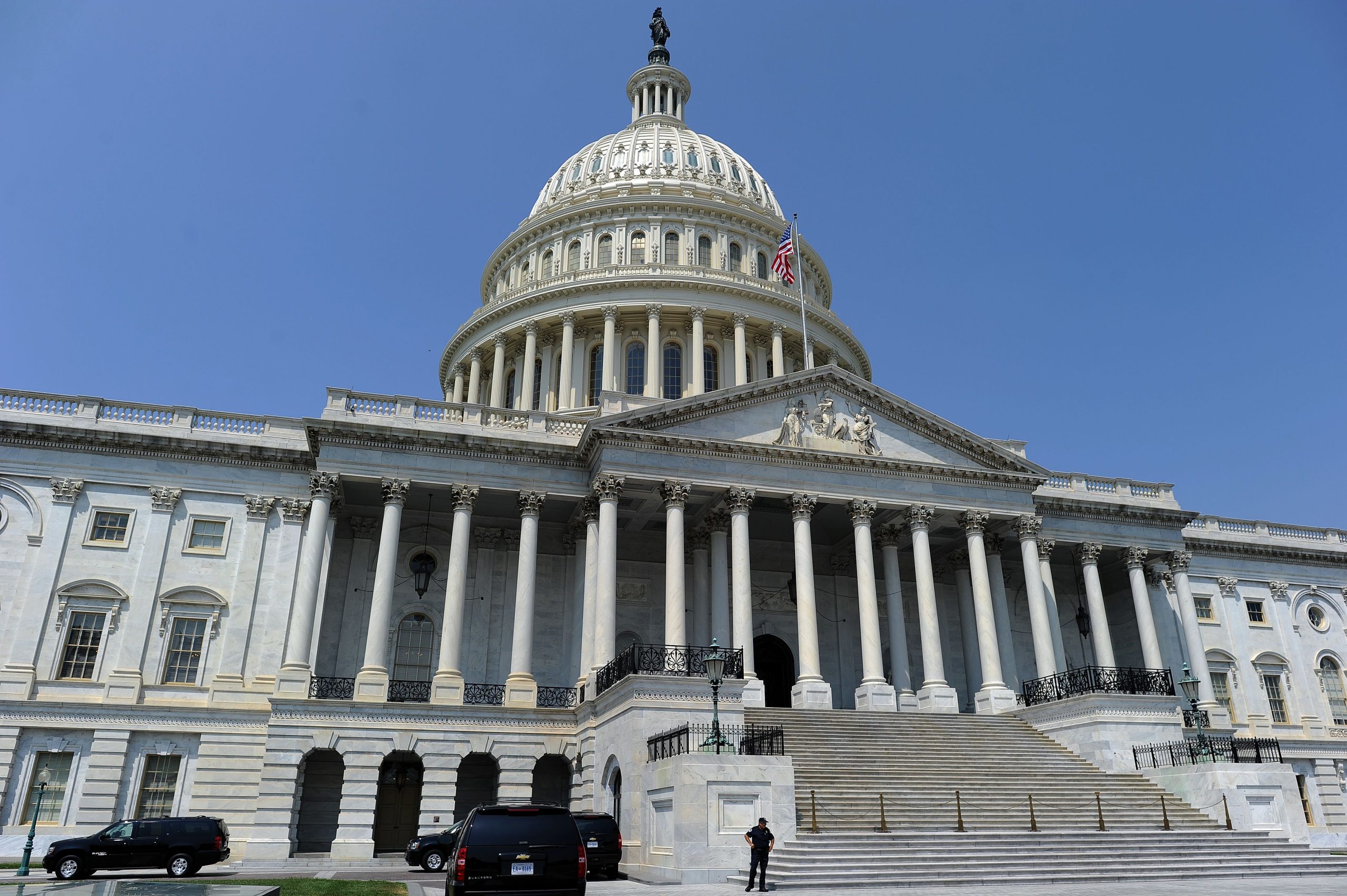
Tax Relief Legislation in Progress
Legislation that could benefit parents and business-owners is currently moving through Congress. The House has passed the Tax Relief for American Families and Workers Act of 2024. It now faces an uncertain future in the Senate. The legislation would make changes to the child tax credit and certain business tax provisions. Some significant provisions in the legislation that may provide tax relief are summarized below.
Child tax credit provisions
If enacted, the legislation may increase the availability and amount of the child tax credit.
• The formula for calculation of the refundable portion of the child tax credit would be modified to take into account the number of children a parent has (effective for 2023, 2024, and 2025).
• The overall limit on the refundable portion of the child tax credit would increase from $1,600 in 2023 and $1,700 in 2024 to $1,800 in 2023, $1,900 in 2024, and $2,000 in 2025.
• The $2,000 maximum child tax credit would be adjusted for inflation in 2024 and 2025.
• In 2024 and 2025, earned income from the prior taxable year would be able to be used in calculating the maximum child tax credit if earned income for the current year is less than earned income for the prior year.
Business tax provisions
The legislation includes a number of business tax provisions that generally allow the acceleration of expense deductions.
• Under current law, domestic research or experimental expenditures paid or incurred in taxable years beginning after December 31, 2021, must be deducted over a five-year period. The legislation would allow such expenditures paid or incurred in taxable years beginning after December 31, 2021, and before January 1, 2026, to be fully deductible in the year paid or incurred.
• For purposes of calculating the limitation on the deduction of business interest, the legislation would allow adjusted taxable income to be determined without regard to any allowance for depreciation, amortization or depletion for taxable years beginning after December 31, 2023, and before January 1, 2026 (with similar treatment for 2022 and 2023, if elected).
• In recent years, the special additional first-year depreciation allowance, or bonus depreciation, has been decreasing under current law — reaching 80% in 2023 and 60% in 2024. The legislation would allow 100% bonus depreciation for qualified property placed in service after December 31, 2022, and before January 1, 2026.
• Section 179 expensing allows the cost of qualified property to be expensed, rather than recovered through depreciation. The maximum amount that can be expensed is $1,220,000 in 2024, reduced to the extent the cost of Section 179 property placed in service during the year exceeds $3,050,000 in 2024. The legislation would increase those amounts to $1,290,000 and $3,220,000 in 2024 (and adjust for inflation in 2025).
IMPORTANT DISCLOSURES
Broadridge Investor Communication Solutions, Inc. does not provide investment, tax, legal, or retirement advice or recommendations. The information presented here is not specific to any individual’s personal circumstances.
To the extent that this material concerns tax matters, it is not intended or written to be used, and cannot be used, by a taxpayer for the purpose of avoiding penalties that may be imposed by law. Each taxpayer should seek independent advice from a tax professional based on his or her individual circumstances.
These materials are provided for general information and educational purposes based upon publicly available information from sources believed to be reliable — we cannot assure the accuracy or completeness of these materials. The information in these materials may change at any time and without notice.